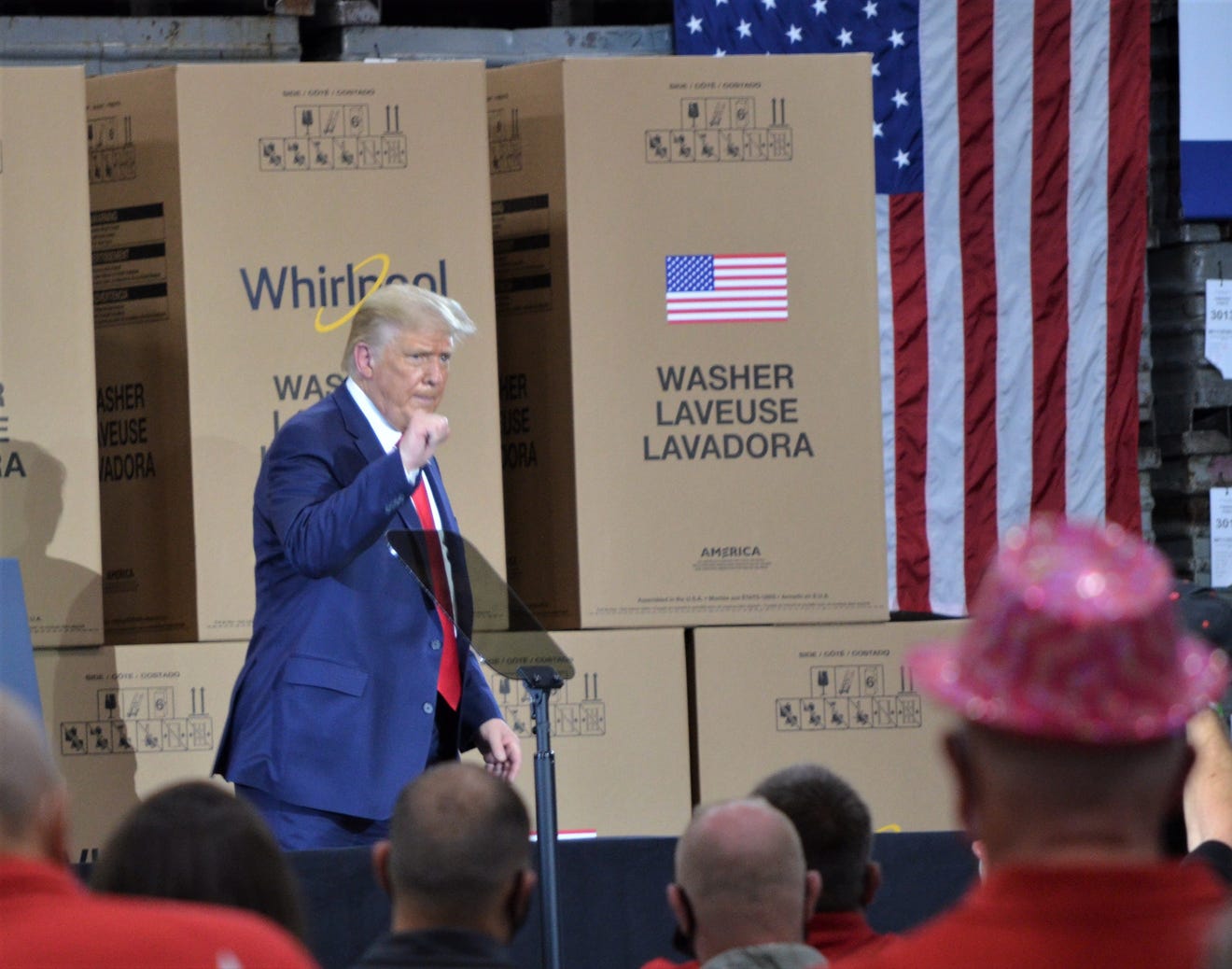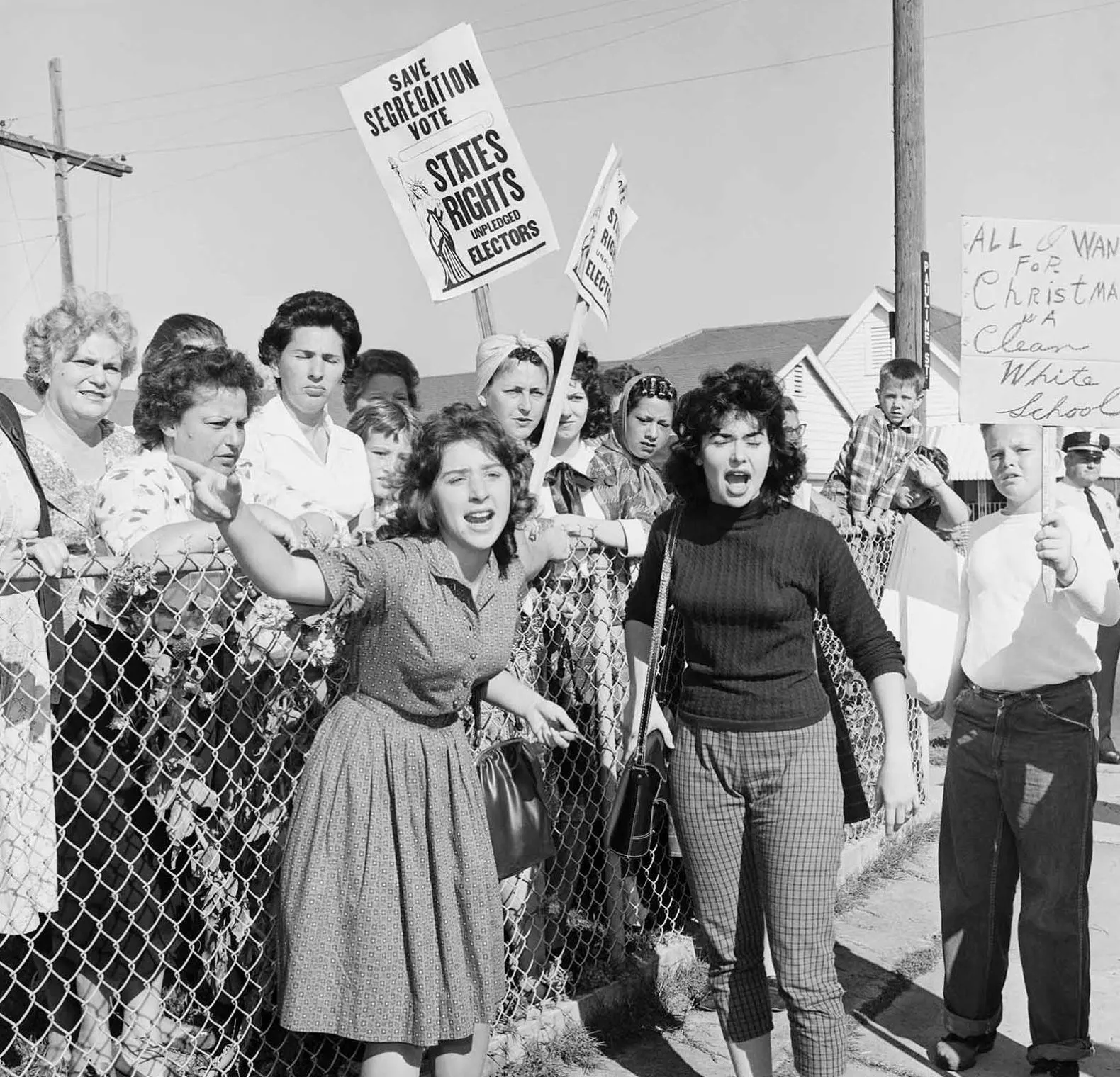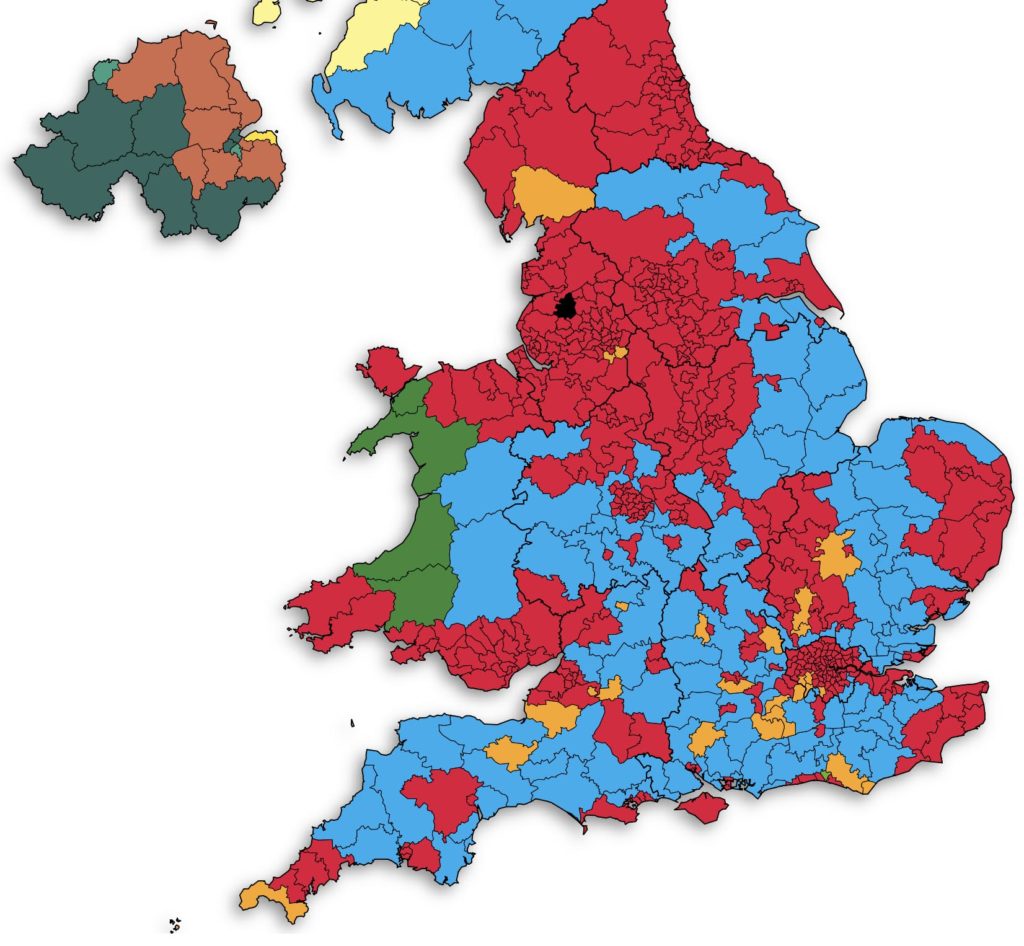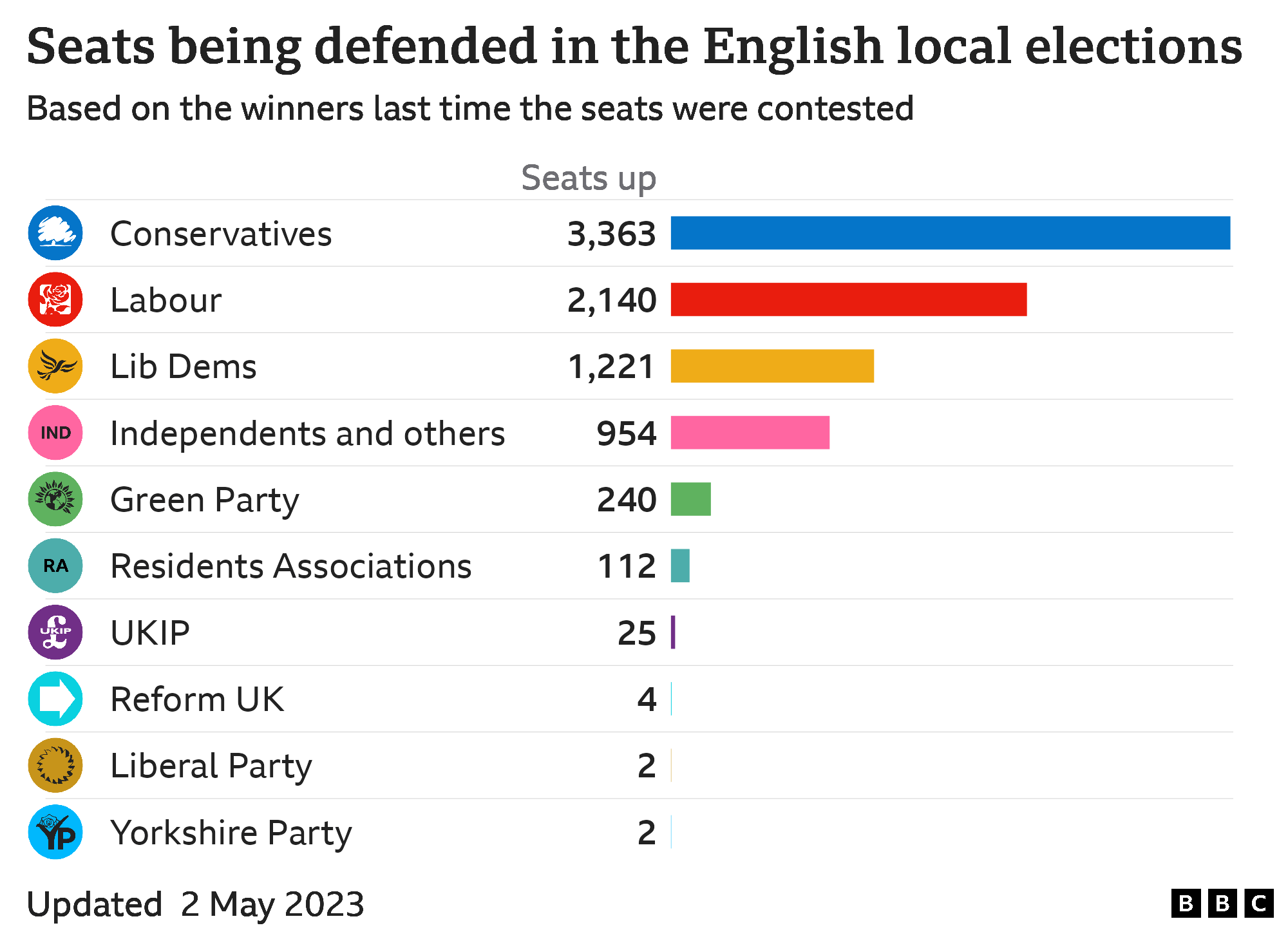Trump Defends Tariffs Against Judicial Challenge

Table of Contents
The Legal Basis of the Tariffs
The Trump administration primarily justified its tariffs under Section 301 of the Trade Act of 1974. This section grants the President broad authority to take action against foreign countries engaging in unfair trade practices or violating international trade agreements. The administration argued that certain countries, particularly China, were engaging in unfair trade practices like intellectual property theft, forced technology transfer, and massive subsidies, thus harming American industries and workers. Further, national security concerns were cited as a justification for certain tariffs.
- Summary of Section 301: Section 301 allows the President to unilaterally impose tariffs or other trade restrictions without Congressional approval in response to perceived unfair trade practices.
- Examples of cited unfair trade practices: The administration cited China's alleged theft of intellectual property, forced technology transfer demands on US companies operating in China, and substantial government subsidies provided to Chinese industries.
- Arguments regarding national security implications: Certain tariffs, particularly those on steel and aluminum, were justified on national security grounds, arguing that these industries were vital to national defense and needed protection from foreign competition.
- WTO implications and potential countermeasures: The tariffs imposed by the Trump administration faced challenges under World Trade Organization (WTO) rules, which generally prohibit unilateral trade restrictions. Other countries retaliated with their own tariffs, leading to a trade war.
Key Arguments in the Judicial Challenges
Numerous companies and industry groups challenged the Trump tariffs in court, raising several critical legal arguments. These challenges primarily focused on the administration's authority to impose tariffs, procedural due process violations, and the demonstrably negative economic impact.
- Summary of main legal arguments against the tariffs: The core arguments included exceeding the president's authority under Section 301, violating due process rights of affected businesses by not providing sufficient opportunity for hearings, and failing to demonstrate a legitimate basis for the imposition of the tariffs.
- Specific examples of companies or industries affected: Numerous sectors, including steel, aluminum, solar energy, and agriculture, experienced significant negative impacts from the tariffs, leading to legal challenges from businesses within these sectors.
- Economic data demonstrating the impact of the tariffs: Studies showed increased prices for consumers, job losses in some sectors, and overall negative impacts on economic growth due to the retaliatory tariffs imposed by other countries.
- Arguments regarding the constitutionality of the tariffs: Some challenges argued the tariffs infringed on the constitutional separation of powers, with Congress holding the primary authority to regulate interstate and foreign commerce.
Trump's Defense Strategy and Arguments
The Trump administration vigorously defended its tariff policy, emphasizing the president's executive authority in trade matters and the importance of protecting American industries and jobs. The defense strategy frequently highlighted national security concerns and the effectiveness of using tariffs as leverage in trade negotiations.
- Key points from Trump's defense: The core of the defense centered on the president's inherent authority to act in the national interest, including protecting domestic industries from unfair foreign competition. The administration also frequently cited the need to level the playing field for American businesses.
- Examples of economic data used to support his arguments: The administration attempted to justify its actions using data that focused on the supposed benefits of protecting American industries. This data was often contested by independent economic analyses.
- Specific instances of leveraging the tariffs in trade negotiations: The administration often used the threat or imposition of tariffs as leverage in negotiations with other countries, aiming to secure more favorable trade deals.
- Discussion of the national security arguments used in defense: National security was repeatedly used as a justification for imposing tariffs, particularly in the steel and aluminum sectors. This argument was often met with skepticism and legal challenges.
The Role of the Courts and Potential Outcomes
The judicial review of the Trump tariffs played a pivotal role in shaping US trade policy. Court decisions had the potential to overturn tariffs, establishing crucial precedents for future trade disputes.
- Possible court outcomes and their ramifications: Court rulings could range from upholding the tariffs based on executive authority to striking them down as unlawful. The latter would significantly impact US trade policy and could embolden challenges to future trade actions.
- Potential impact on future trade policies: The outcome of these cases has the potential to profoundly influence future trade policies, affecting the executive branch's ability to unilaterally impose tariffs.
- Setting precedents for similar cases: The court decisions on these Trump tariffs set significant precedents, providing a framework for resolving future trade disputes and establishing the boundaries of executive authority in trade matters.
Conclusion
The legal challenges to the Trump tariffs represent a landmark moment in American trade policy. The core arguments focused on the legal basis of the tariffs under Section 301, the constitutionality of their imposition, and the significant economic consequences. The judicial review of these tariffs has profound implications for the future, setting precedents regarding executive authority in trade and influencing future trade negotiations. The potential outcomes – upholding or striking down the tariffs – will shape the approach to trade policy for years to come.
Call to Action: Stay informed about the ongoing developments in the legal challenges to Trump's tariffs. Follow [your website/news source] for the latest updates on this crucial issue impacting Trump tariffs and US trade policy.

Featured Posts
-
 Wednesday April 30 2025 Lotto Numbers
May 02, 2025
Wednesday April 30 2025 Lotto Numbers
May 02, 2025 -
 Bbc Faces 1bn Funding Crisis What Does It Mean
May 02, 2025
Bbc Faces 1bn Funding Crisis What Does It Mean
May 02, 2025 -
 Stroud And Cheltenham Catch James B Partridge Live
May 02, 2025
Stroud And Cheltenham Catch James B Partridge Live
May 02, 2025 -
 School Desegregation Order Terminated A Turning Point In Education Equality
May 02, 2025
School Desegregation Order Terminated A Turning Point In Education Equality
May 02, 2025 -
 Dallas Legend Dies At Age 100
May 02, 2025
Dallas Legend Dies At Age 100
May 02, 2025
Latest Posts
-
 Alastthmar Fy Zl Aljbht Alwtnyt Wrqt Syasat Jdydt
May 03, 2025
Alastthmar Fy Zl Aljbht Alwtnyt Wrqt Syasat Jdydt
May 03, 2025 -
 Farages Reform Party Faces The Heat Uk Local Election Results
May 03, 2025
Farages Reform Party Faces The Heat Uk Local Election Results
May 03, 2025 -
 Aljbht Alwtnyt Ttlq Wrqt Syasat Aqtsadyt Jdydt
May 03, 2025
Aljbht Alwtnyt Ttlq Wrqt Syasat Aqtsadyt Jdydt
May 03, 2025 -
 Logistica Penitenciaria Reforzada Con La Entrega De 7 Vehiculos Nuevos
May 03, 2025
Logistica Penitenciaria Reforzada Con La Entrega De 7 Vehiculos Nuevos
May 03, 2025 -
 Uk Local Elections Will The Reform Party Succeed Under Farages Leadership
May 03, 2025
Uk Local Elections Will The Reform Party Succeed Under Farages Leadership
May 03, 2025
